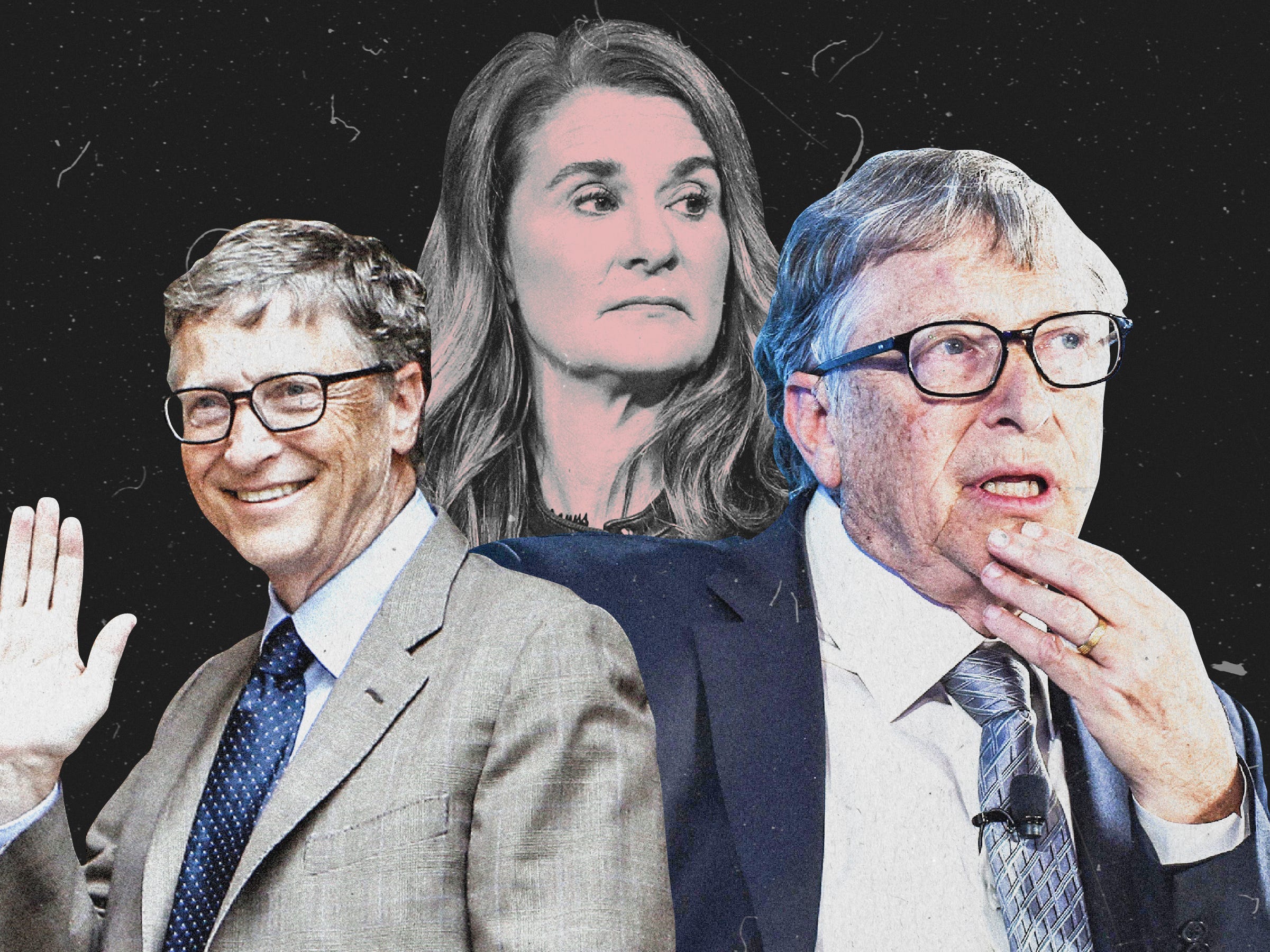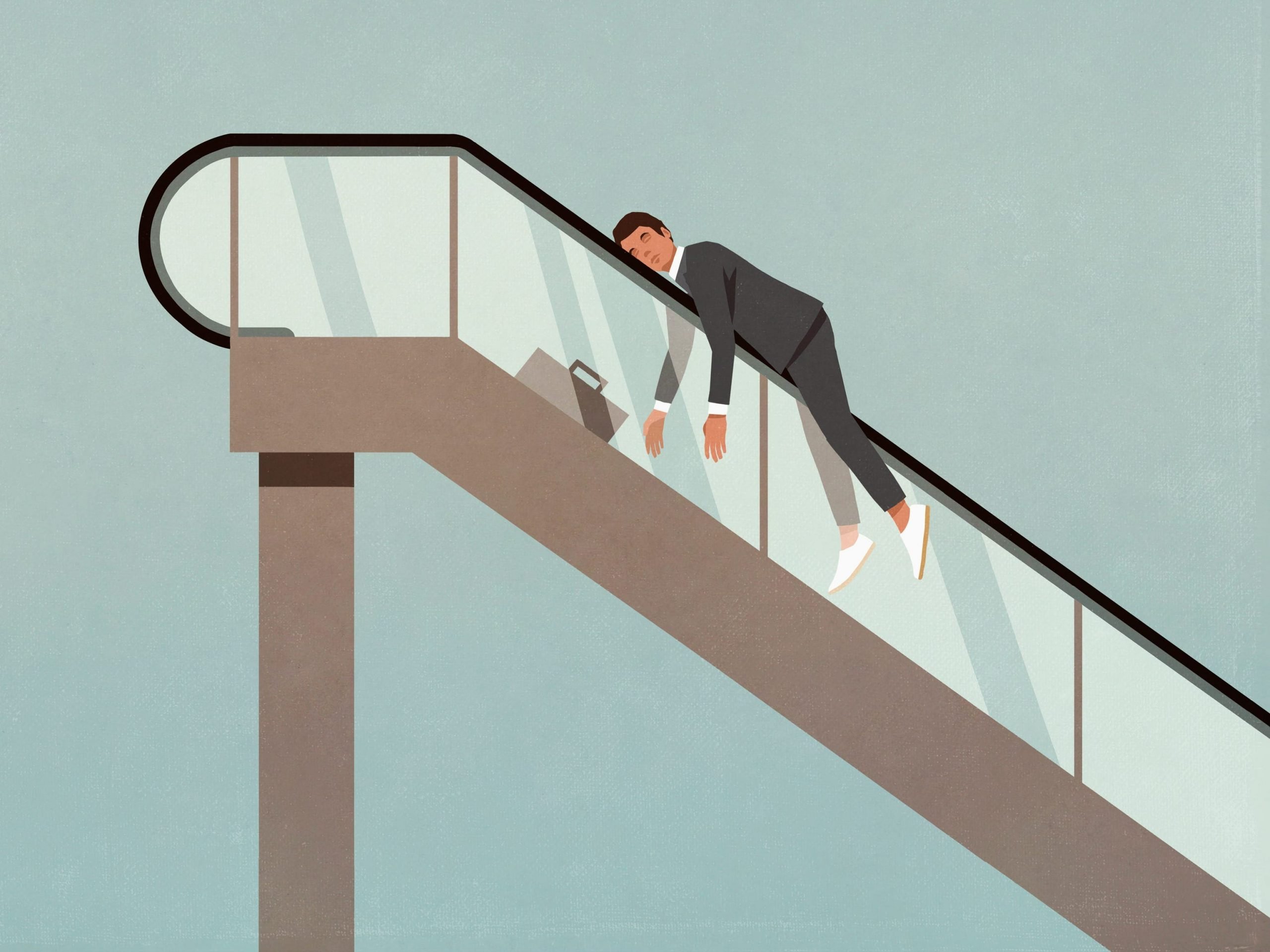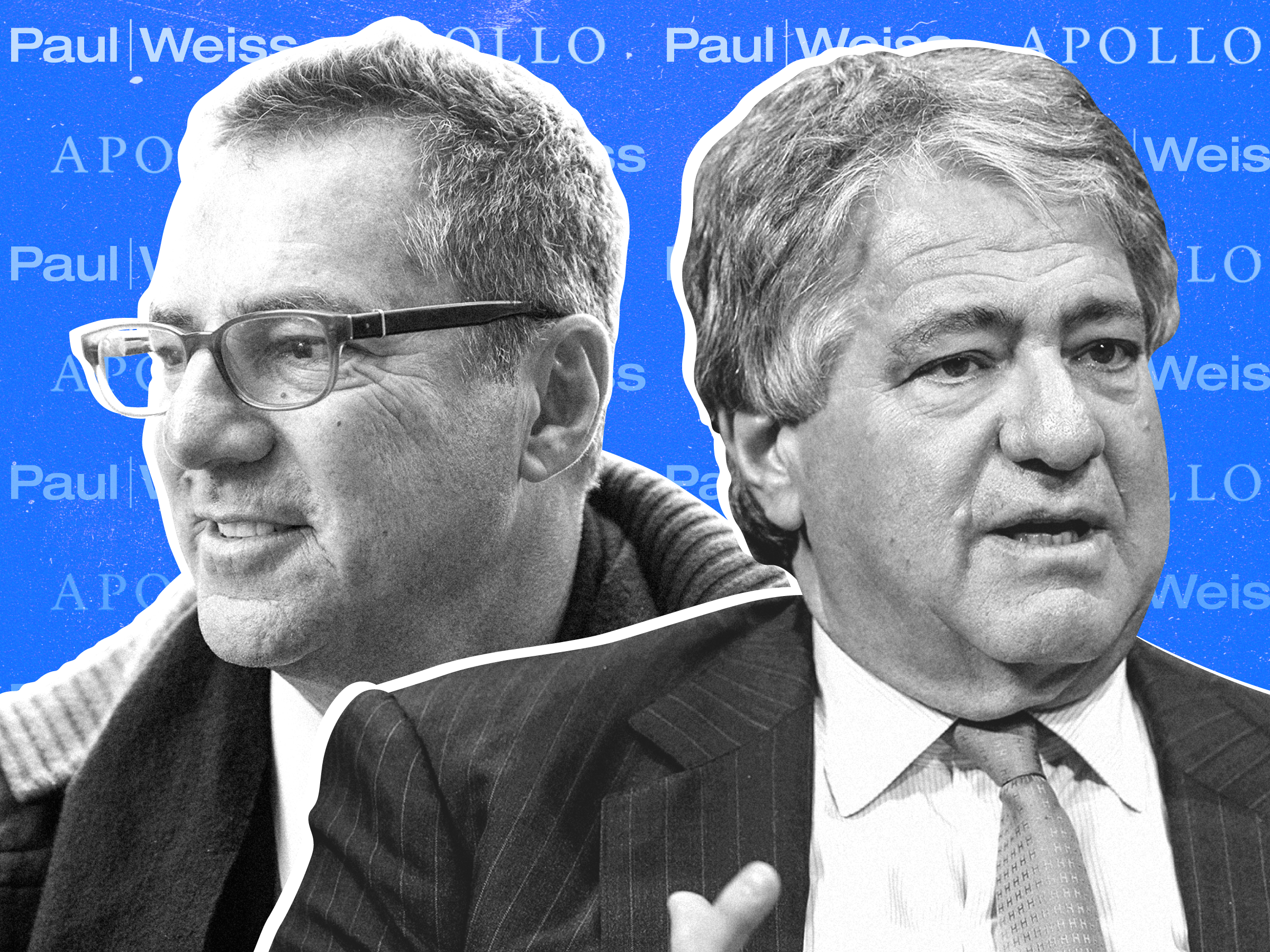Hello!
Welcome to this weekly roundup of stories from Insider's Business co-Editor in Chief Matt Turner. Subscribe here to get this newsletter in your inbox every Sunday.
Hope you're all having a nice July 4th holiday. Here's what we're going over today:
- A cofounder war led every employee to quit Instagram's trendiest cookware company.
- Insiders say Bill Gates was an office bully whose squeaky-clean image was just an act.
- As employees return to the office, experts are predicting a "burnout wave."
- Law firm Paul Weiss' relationship with Apollo has been lucrative – but has also altered the firm's DNA.

What's trending this morning:
- Tech workers and engineers are flocking to seven rising US cities. But not a single one of the booming towns is on the coasts.
- 23 of the most promising healthcare startups of 2021. VCs named startups across healthcare segments, from biotech to digital health and wellness.
- Sen. Kyrsten Sinema's former staffers detail a 'demoralizing' office environment. They were afraid to "mess up in any way" while working for the Arizona Democrat.
- Robinhood's IPO filing makes it clear. The no-fee trading app is now a cultural force in its own right.
- Job seekers have all the power right now. Here are seven questions you should definitely ask in your next job interview.
One more thing before we start: We're relaunching our Insider Advertising newsletter, featuring original analysis from media and advertising editor Lara O'Reilly. Sign up here to get it in your inbox Thursday.
Great Jones' unraveling
When Sierra Tishgart appeared to push her cofounder, Maddy Moelis, out of the company, Great Jones employees launched an uprising, arguing they saw "no successful path forward" with Tishgart as their leader. But the mutiny didn't go as planned:
By September 2020, all six of the full-time staff had quit.
How, exactly, did Great Jones' staff implode so spectacularly? Emails reviewed by Insider depict a war between two estranged friends over the future of the company, with a group of big-name investors and advisors providing ammunition on both sides. But employees caught in the middle just saw an image-obsessed boss whose poor management and decision to oust her well-respected cofounder during a pandemic left them no choice but to resign.
"It just got super ugly," an employee who led the operations team said, adding that her mental health suffered because of Tishgart's leadership. "I had hit my breaking point. I was, like, 'I can't see a path forward in which I can work with this person.'"
Here's what we know about the founders' infighting:
Also read:
- How Amazon can edge out Sephora and Ulta Beauty in the $380 billion cosmetics industry to become the go-to destination for beauty and personal care
- "Privileged white wellness:" Lululemon corporate employees speak out on the culture of racial insensitivity
The other side of Bill Gates
 We spoke with people who worked with Bill Gates, who said he was known for swearing and berating underlings, and for pursuing women in and out of the office:
We spoke with people who worked with Bill Gates, who said he was known for swearing and berating underlings, and for pursuing women in and out of the office:
In the summer of 1988, Bill Gates took a helicopter to Les Arcs ski resort in the French Alps for an international sales meeting for Microsoft. He was in the mood to let loose.
One night, Gates joined his employees for drinks in a Swiss chalet and partied until the sun came up, recalled Dan Graves, a former Microsoft export manager. At about 5 in the morning, Graves nearly tripped over Gates, who was lying on top of a woman out on the lawn. The pair were "just snuggling," Graves told Insider.
It's not the kind of story most people think of when they imagine Gates, with his oversized glasses, boyish haircut, and nerdy persona. Till very recently, he was better known for quirky Reddit AMAs, publicly advocating for COVID-19 vaccines, and pumping billions into philanthropic work, alongside Melinda, his wife of nearly three decades.
Take an inside look at a different side of Bill Gates:
Also read:
- Amazon has discussed forming a "Rebel Alliance" with companies including Slack and Dropbox to compete with Microsoft
- Linux creator Linus Torvalds cancelled himself to become a nicer person - now he needs to bring talent back to the world's most important software
Experts are bracing for a post-pandemic "burnout wave"

In an Insider survey of 1,000 employed Americans across the country, 72% of respondents who are returning to an office after working remotely said they're feeling burned out - compared to 60% of those who have been going into the office consistently:
Ariane Ollier-Malaterre studies the future of work, focusing specifically on how people set boundaries between their personal and professional lives. She answered my call from Canada, excited to share some of her research findings - despite that she had the day off.
This blurring of boundaries is a trap Ollier-Malaterre knows that others will fall into as well. She is especially worried now that many people are returning to the office after more than a year of working remotely. She keeps picturing a nightmare scenario in which employees commute to the office, spend a full day there, and then return home just to continue answering emails and calls.
"It would be the worst of both worlds," for employers and employees, Ollier-Malaterre said.
Read more about what she's calling the post-pandemic "burnout wave":
Also read:
- There's an economic revolution underway that could create an inclusive and lasting boom. But it's in danger of being scrapped - for all the wrong reasons.
- 'How Black can I be in this moment?' Black professionals describe the profound psychological toll of code-switching while working from home
Paul Weiss' lucrative relationship with Apollo
 Over the past decade, Paul Weiss has boosted its profits with the help of legal fees from its large private-equity client, Apollo Global Management. The account also changed the law firm's culture, insiders say, and opened it up to criticisms about its independence:
Over the past decade, Paul Weiss has boosted its profits with the help of legal fees from its large private-equity client, Apollo Global Management. The account also changed the law firm's culture, insiders say, and opened it up to criticisms about its independence:
The relationship has pumped up the law firm's sizable earnings and lifted its dealmaking profile, leading to nearly 100 mergers and acquisitions in which Paul Weiss advised Apollo and its affiliates.
But there has also been a cost to the cozy relationship, according to interviews with 13 people who have worked in its corporate department over the past decade.
Insider also interviewed dozens of others, including current and former Paul Weiss attorneys, consultants, and recruiters, as well as competitors, to offer an account of how Paul Weiss became so involved in Apollo's business - a relationship one former firm lawyer likened to a plot line in the TV show "Mad Men," when executives at a fictional ad agency scrambled to please its Big Tobacco client, Lucky Strike.
Read more from our exclusive report:
Also read:
- The US head of Dentons, one of the world's largest law firms, just stepped down
- From 'vanilla' skirt suits to 'too-tight' shirts: Female lawyers describe how it's impossible to win when it comes to professional dress codes
Finally, here are some headlines you might have missed last week.
- Matt
- Colorado was the big winner of mass migration during the pandemic. But 2 huge drawbacks that crystallized over the past week might change all that.
- We found the 12 go-to digital health bankers. They broke down how tech is driving record deals and the next generation of giants.
- Meet Jasmine Wilson, a UX designer who makes more than $300,000 a year working three jobs
- JPMorgan warns rival investment banks: MarketAxess, Tradeweb, and Bloomberg are 'real competitors'
- People are fleeing the ad industry and it's leaving agencies struggling to fill hundreds of open roles
- Here are 3 altcoins that could surge by 1000% - including the eco-friendly version of bitcoin - according to a crypto analyst and entrepreneur who vets early-stage projects
- A former McKinsey partner raises $45 million to take on Uber with a very different ride-hailing business model
- Bank of America names 5 semiconductor stocks to buy for the 2nd half of 2021 - and breaks down why each has 'catch-up potential' after lagging since January
